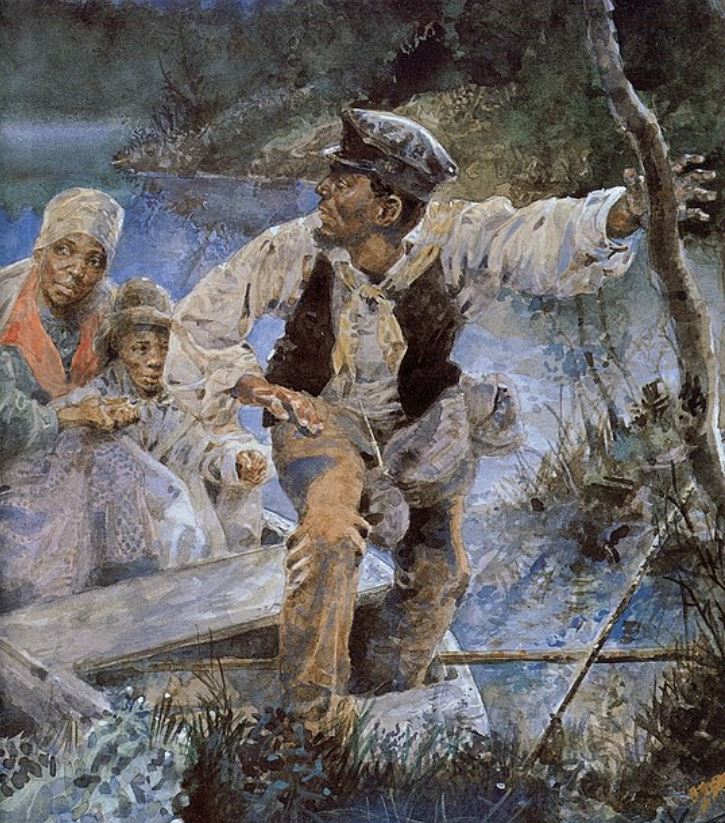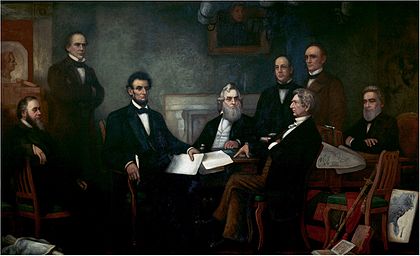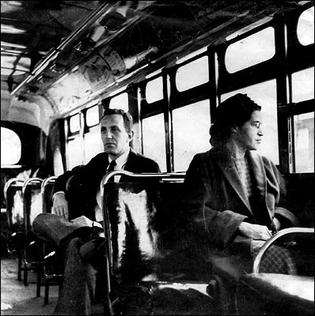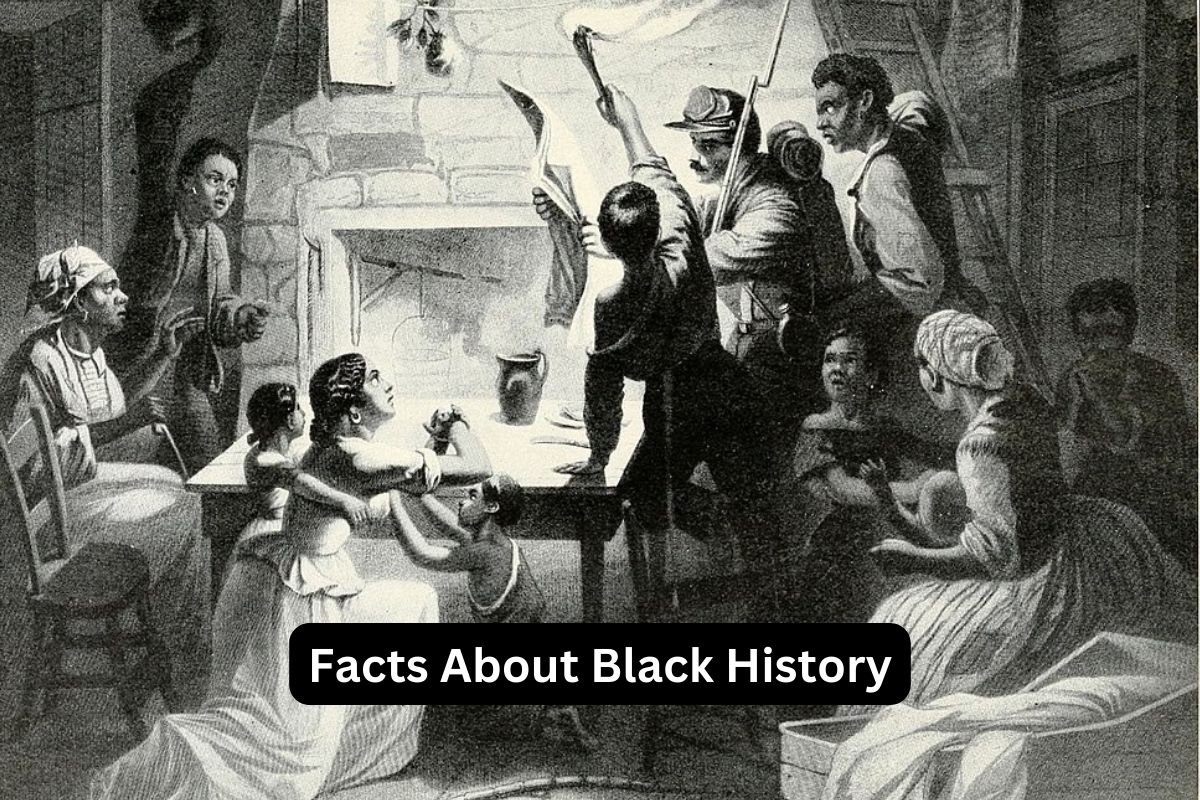Black history is a rich and diverse tapestry woven with remarkable stories of resilience, resistance, and achievement.
From the horrors of the transatlantic slave trade to the triumphs of the civil rights movement, black individuals and communities have shaped history and contributed significantly to the advancement of society.
This brief introduction merely scratches the surface of the vast tapestry of black history, highlighting key events and figures that have had a profound impact.
Exploring black history allows us to acknowledge and celebrate the triumphs, struggles, and contributions of African Americans, fostering a deeper understanding of the ongoing pursuit of equality and justice.
Black History Facts
1. The transatlantic slave trade lasted for over four centuries
The transatlantic slave trade, which lasted for over four centuries, was a horrific system of human trafficking that forcibly transported millions of Africans from their homes to the Americas.
Europeans and Americans captured Africans from various regions and transported them across the Atlantic Ocean, primarily to work as enslaved laborers on plantations in the New World.
The slave trade had a devastating impact on African societies, culture, and economies, while also shaping the history and demographics of the Americas.
2. The Haitian Revolution was the first successful slave revolt in the Americas
The Haitian Revolution, which began in 1791, was a monumental event in black history and marked the first successful slave revolt in the Americas.
Also Read: Haitian Revolution Facts
Enslaved Africans and Afro-Haitians rose up against their French colonial oppressors, fighting for their freedom and independence.
Led by key figures such as Toussaint Louverture and Jean-Jacques Dessalines, the revolution ultimately resulted in the establishment of the Republic of Haiti in 1804, making it the first black-led republic in the world.

3. The Underground Railroad helped enslaved African Americans escape to freedom
The Underground Railroad played a crucial role in aiding enslaved African Americans in their quest for freedom during the 19th century.
It was a clandestine network of secret routes, safe houses, and abolitionist allies that provided assistance to those seeking to escape slavery.
Conductors like Harriet Tubman risked their lives to guide enslaved individuals from the Southern states to free states in the North or to Canada.
The Underground Railroad represents a testament to the resilience, bravery, and solidarity within black communities, as well as the abolitionist movement’s efforts to combat slavery and promote equality.
4. Harriet Tubman was a prominent abolitionist and conductor of the Underground Railroad
Harriet Tubman, born into slavery in the early 1820s, became one of the most renowned figures in black history.
She escaped slavery herself and subsequently dedicated her life to helping others achieve freedom through the Underground Railroad. Tubman made approximately 19 dangerous trips back into slave-holding territories, leading around 70 enslaved individuals to freedom.
Her courage, determination, and unwavering commitment to the abolitionist cause have made her an enduring symbol of resistance and freedom.
5. The Emancipation Proclamation freed enslaved people in Confederate-held territory
The Emancipation Proclamation, issued by President Abraham Lincoln on January 1, 1863, was a pivotal moment in black history.
While it did not instantly free all enslaved people in the United States, the proclamation declared that those held as slaves in Confederate-held territories were to be set free.
This executive order transformed the Civil War into a moral struggle against slavery and laid the foundation for the eventual abolition of slavery throughout the United States.

6. The Reconstruction Era aimed to establish equal rights for African Americans
The Reconstruction Era (1865-1877) holds significant importance in black history as it aimed to rebuild the Southern states after the Civil War and address the issue of racial equality. During this period, the 13th, 14th, and 15th Amendments were ratified.
The 13th Amendment abolished slavery, the 14th Amendment granted equal protection under the law to all citizens, and the 15th Amendment protected the right to vote regardless of race or color.
Despite its progressive aims, Reconstruction faced immense challenges, including resistance from white supremacist groups and the eventual rollback of many of the gains achieved by African Americans, leading to the era of Jim Crow segregation laws.
However, it laid the groundwork for future civil rights movements and established important constitutional principles for equal rights and citizenship.
7. The Tuskegee Institute played a crucial role in black education and vocational training
The Tuskegee Institute, founded by Booker T. Washington in 1881, played a pivotal role in black history, particularly in the realm of education and vocational training.
Located in Alabama, the institute provided opportunities for African Americans to acquire practical skills and education during a time of widespread racial discrimination and limited access to educational resources.
Tuskegee Institute focused on teaching trades such as agriculture, carpentry, and mechanics, empowering students with the tools to become self-reliant and economically independent.
The institution served as a beacon of hope and progress for black individuals striving for self-improvement and social advancement.
8. The Harlem Renaissance celebrated African American culture in the 1920s
The Harlem Renaissance, a cultural movement that flourished in the 1920s in the Harlem neighborhood of New York City, was a pivotal moment in black history and American cultural history as a whole.
Also Read: Harlem Renaissance Facts
It was a period of vibrant artistic expression, intellectual exploration, and the celebration of African American heritage.
Writers, poets, musicians, and artists such as Langston Hughes, Zora Neale Hurston, Duke Ellington, and Jacob Lawrence emerged during this era, contributing to the development of a distinct African American cultural identity and challenging racial stereotypes through their works.
The Harlem Renaissance served as a catalyst for social and artistic advancements, leaving a lasting impact on literature, music, visual arts, and civil rights activism.

9. Rosa Parks’ refusal to give up her bus seat sparked the Montgomery Bus Boycott
Rosa Parks, often hailed as the “mother of the civil rights movement,” made a profound impact on black history through her act of resistance. On December 1, 1955, Parks refused to give up her seat to a white passenger on a segregated bus in Montgomery, Alabama.
Her arrest sparked the Montgomery Bus Boycott, a seminal event in the modern civil rights movement led by Dr. Martin Luther King Jr.
The boycott, which lasted for over a year, showcased the power of nonviolent protest and collective action, eventually leading to a Supreme Court ruling that declared segregation on public buses unconstitutional.
Rosa Parks’ brave stance against racial injustice served as an inspiration for countless individuals and contributed to the dismantling of segregation laws.
10. The Civil Rights Act of 1964 prohibited racial discrimination
The Civil Rights Act of 1964 stands as a landmark legislation in black history and the broader struggle for racial equality in the United States.
This transformative act, signed into law by President Lyndon B. Johnson, aimed to end racial segregation and discrimination in public spaces, schools, and employment.
It prohibited discrimination based on race, color, religion, sex, or national origin, effectively dismantling legal segregation and establishing crucial protections for marginalized communities.
The Civil Rights Act of 1964 played a pivotal role in advancing civil rights, fostering social progress, and laying the foundation for subsequent legislation to further protect and promote equal rights for all Americans.
11. Martin Luther King Jr. delivered the iconic “I Have a Dream” speech in 1963
Martin Luther King Jr., a prominent figure in black history and the civil rights movement, delivered his iconic “I Have a Dream” speech on August 28, 1963, during the March on Washington for Jobs and Freedom.
Standing on the steps of the Lincoln Memorial, King articulated his vision of a future where racial equality and justice prevailed. His powerful and inspiring speech called for an end to racial discrimination, equal rights for all citizens, and unity among people of different races.
King’s leadership and advocacy for nonviolent resistance left an indelible mark on the struggle for civil rights, and his words continue to resonate as a symbol of hope, equality, and social justice.
12. The Black Panther Party advocated for African American empowerment
The Black Panther Party, founded in 1966 by Huey P. Newton and Bobby Seale, played a significant role in black history and the broader Black Power movement.
Also Read: Facts About the Black Panthers
The party aimed to address systemic racism, police brutality, and socioeconomic inequality faced by African Americans. The Black Panthers advocated for armed self-defense, community empowerment, and the provision of social services in black communities.
Their programs included free breakfast programs for children, health clinics, and educational initiatives.
Also Read: Famous Female Black Panthers
While often portrayed in a controversial light, the Black Panther Party had a lasting impact on black activism, raising awareness about social injustices and inspiring future generations of activists fighting for racial equality and social change.
13. Barack Obama became the first African American President of the United States in 2008.
The election of Barack Obama as the 44th President of the United States in 2008 marked a historic moment in black history.
Obama’s presidency was a significant milestone as he became the first African American to hold the highest office in the nation. His election symbolized progress and the potential for change, inspiring many and serving as a testament to the ongoing struggle for racial equality.
During his presidency, Obama championed healthcare reform, economic recovery, and initiatives to address issues such as climate change and immigration.
His presidency had a profound impact on perceptions of race and leadership in America, and it remains a milestone in the ongoing pursuit of equality and representation for marginalized communities.
